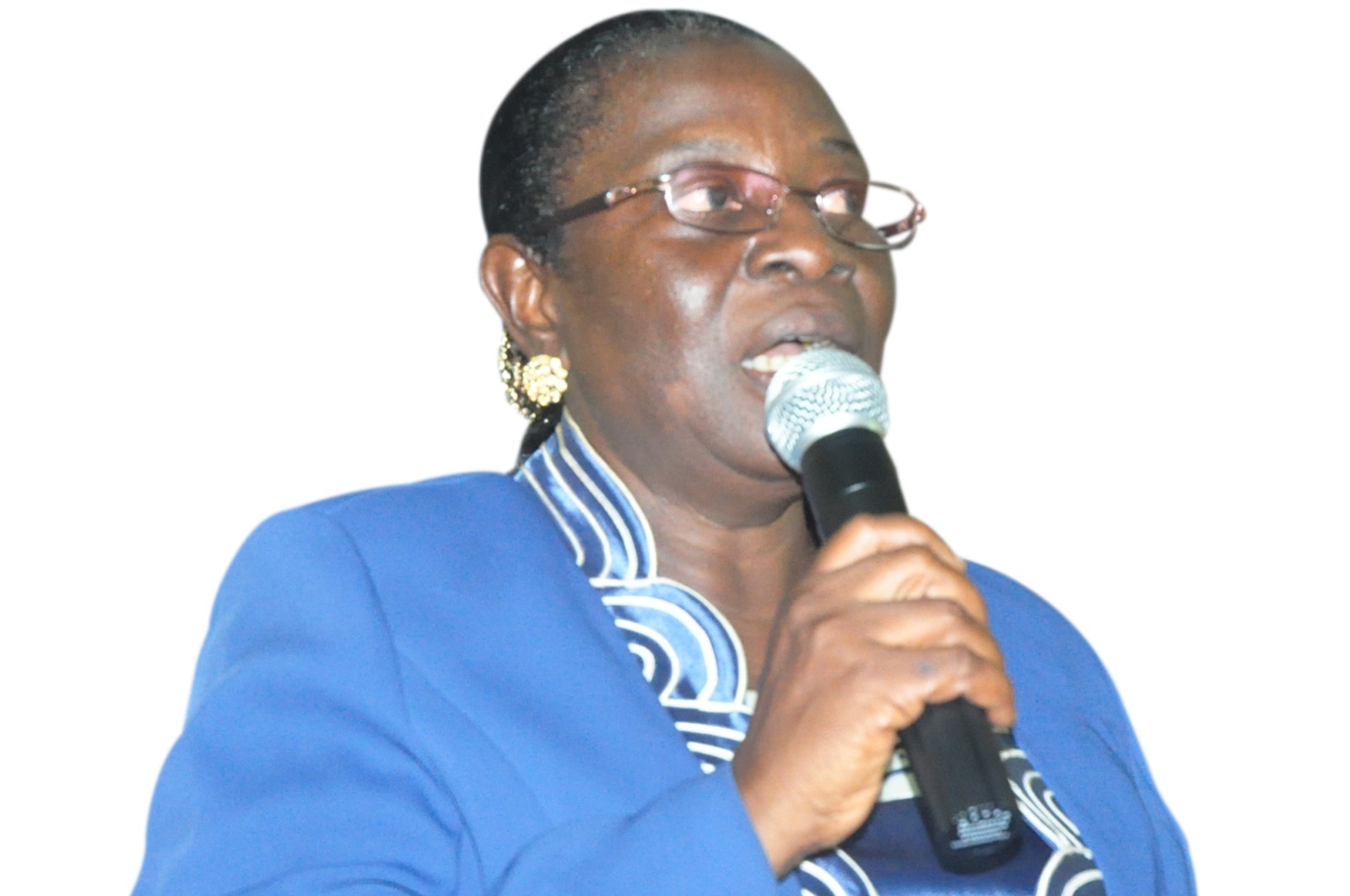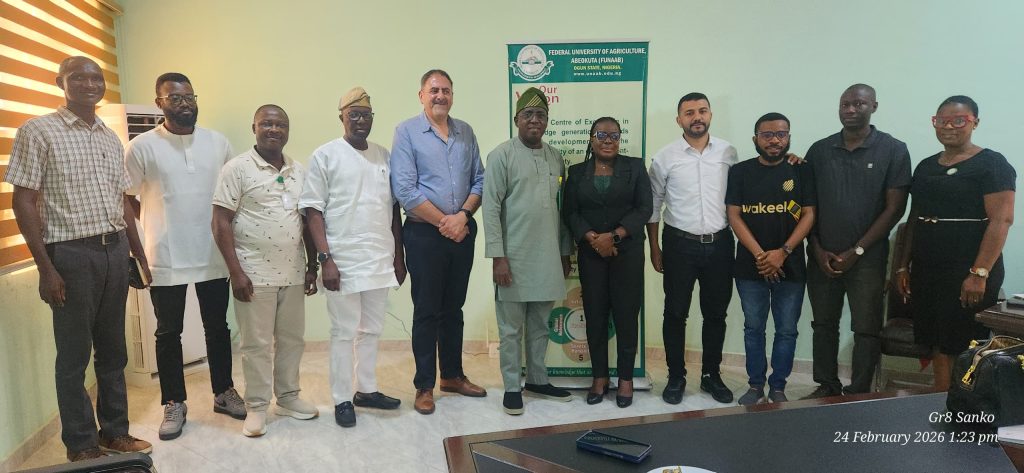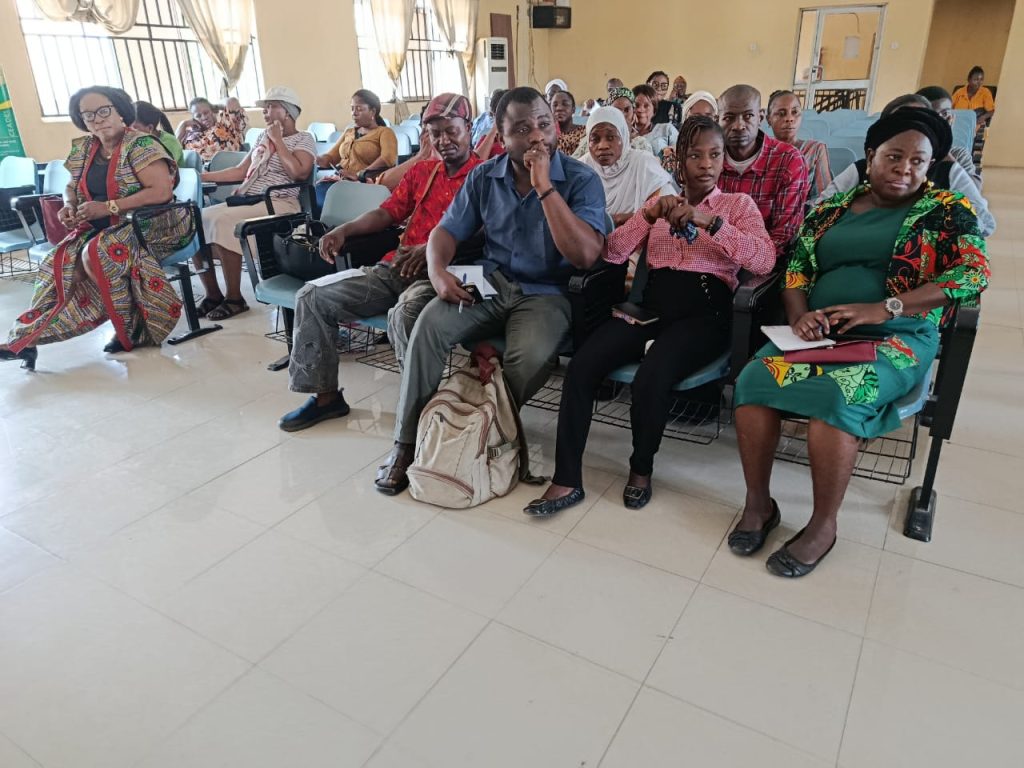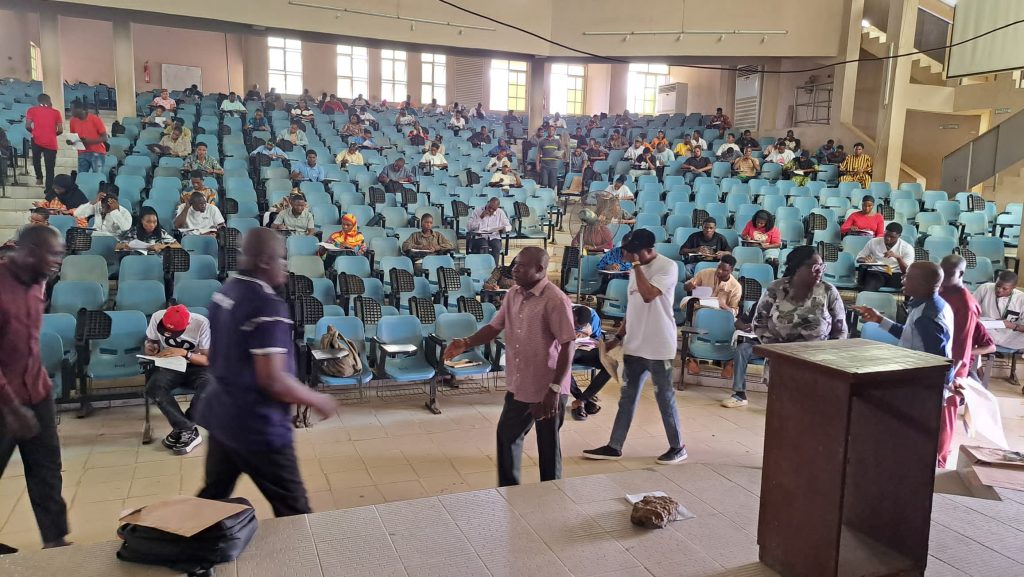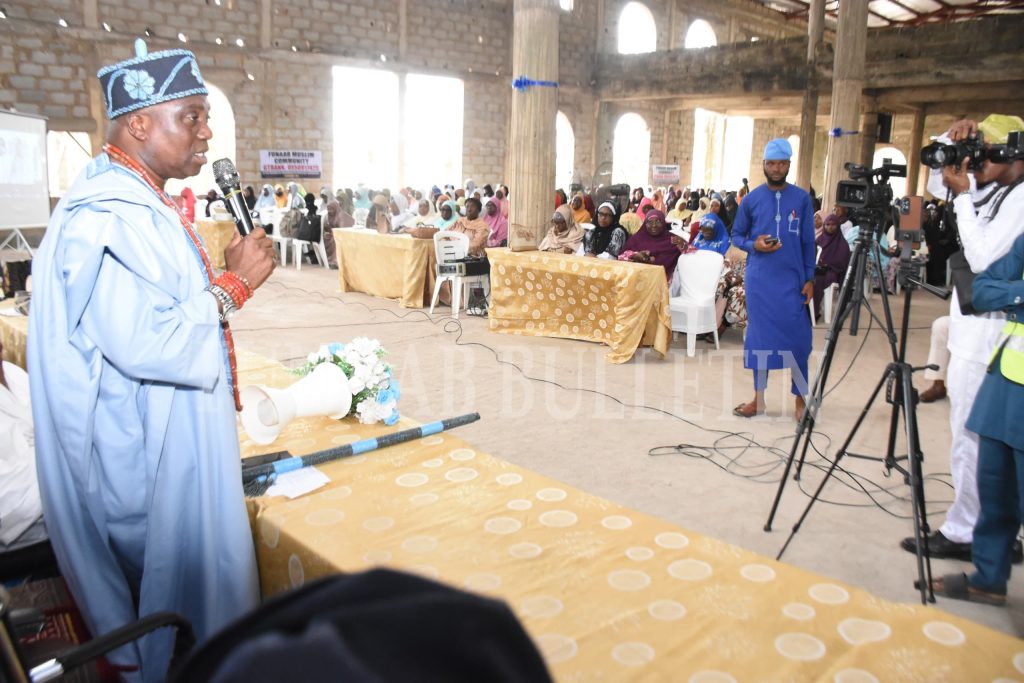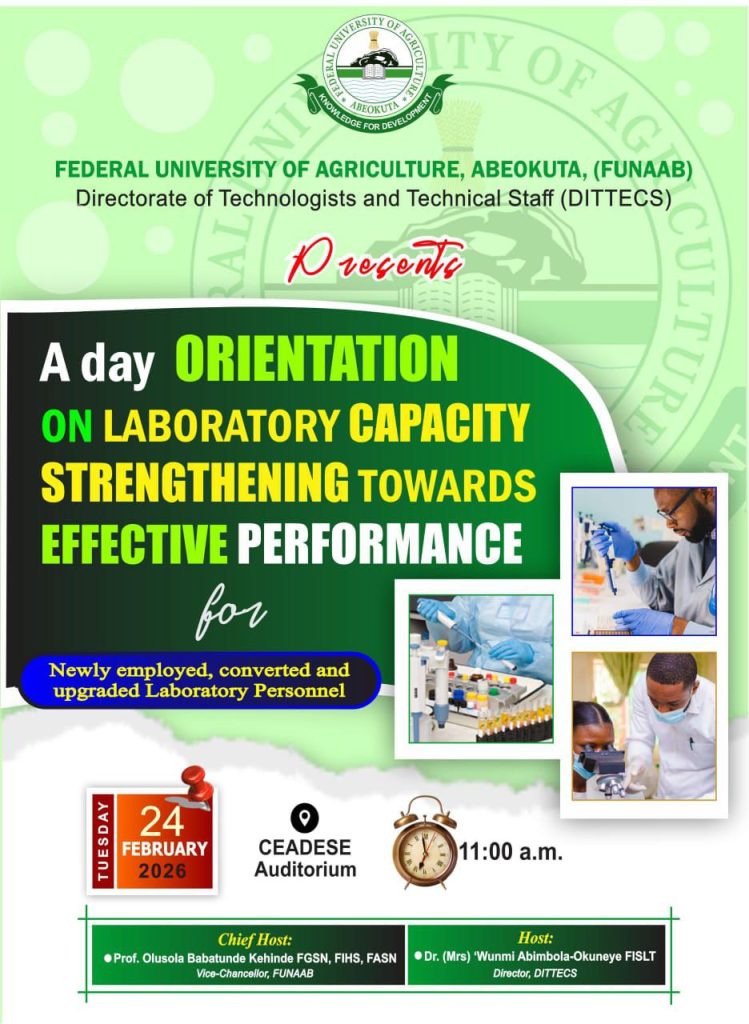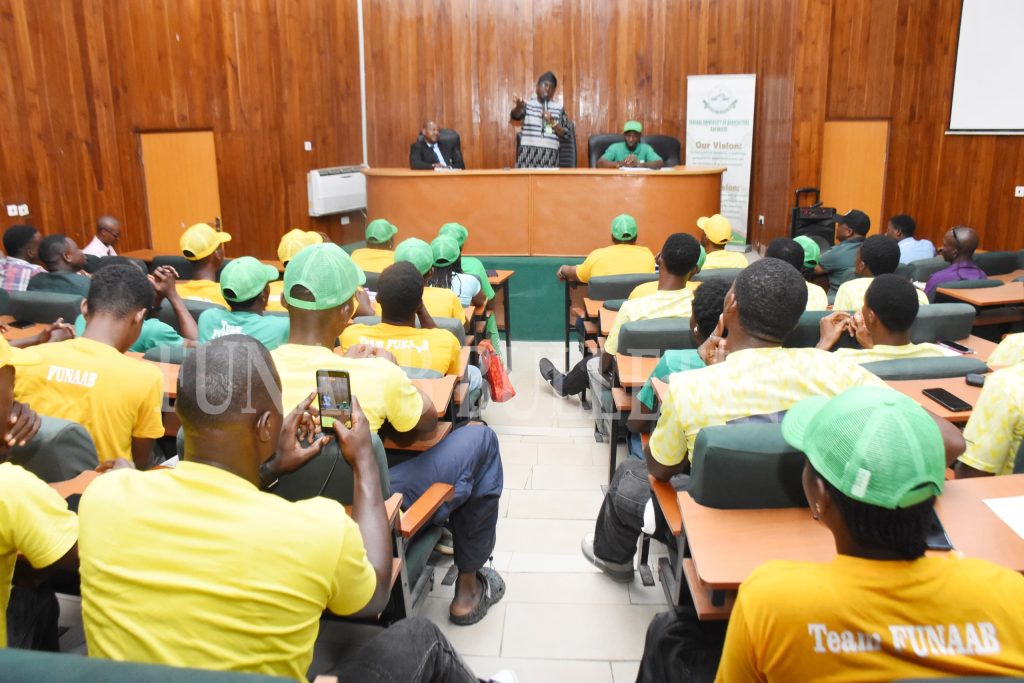Last Updated on March 12, 2025 by Olasunkanmi Olajide
By Joy Adeyiga
The Nigerian Association of University Women (NAUW), FUNAAB Chapter, commemorated this year’s International Women’s Day (IWD) with a virtual event on Saturday, March 8, 2025. Themed “Women and Leadership: Accelerate Action for Women Inclusivity,” the event brought together gender equality advocates, University officials, and the National President of NAUW, Prof. Comfort Onifade, to celebrate women’s achievements and amplify calls for greater representation in leadership.
Delivering the Keynote Address, the Vice-Chairman, ASUU-UNAAB, Dr. Nancy Okorie stated that leadership was not about gender but about service, responsibility, and impact. She dispelled misconceptions that women were second-class citizens or inferior beings, stating that women were the backbone of society and key drivers of progress in governance, education, business, and healthcare. She urged women to take their place in leadership roles, calling for greater self-advocacy, mentorship, and resilience.
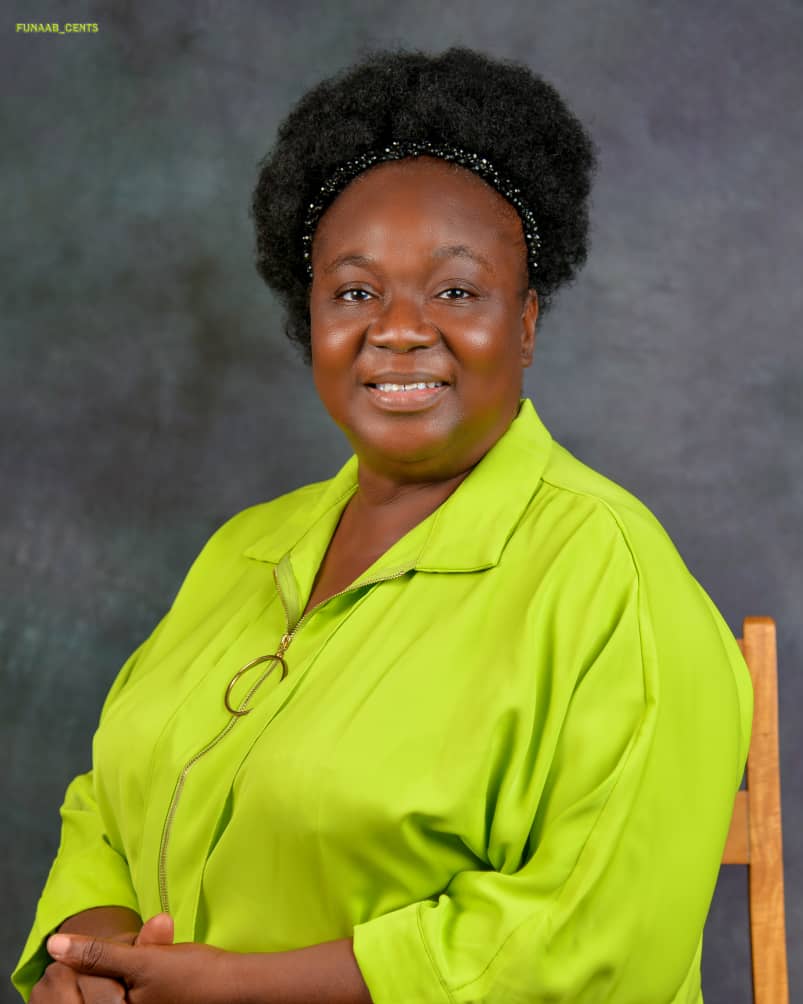
Dr. Okorie identified major barriers to women’s leadership, including societal prejudice, lack of mentorship, and stereotypes. She stressed the importance of adopting transformational, adaptive, and inclusive leadership styles, encouraging women to be fearless and determined in the face of challenges. She also highlighted FUNAAB’s flexible policies, noting that while the University has not denied women leadership opportunities, more can be done, especially in breaking the glass ceiling to have a female Vice-Chancellor in the future.
Prof. Ayo-John, the President, NAUW-FUNAAB, in her Welcome Address, celebrated the resilience and achievements of women while acknowledging the inequalities and opposition they often face in leadership. She called for action to dismantle systemic barriers and create policies that support women’s empowerment.
Reflecting on the global landscape, Prof. Ayo-John, also the Director, Centre for Entrepreneurial Studies (CENTS) at FUNAAB, pointed out that while some African nations have made progress in electing female leaders, representation remains low, with only four women in Nigeria’s 109-member National Assembly.
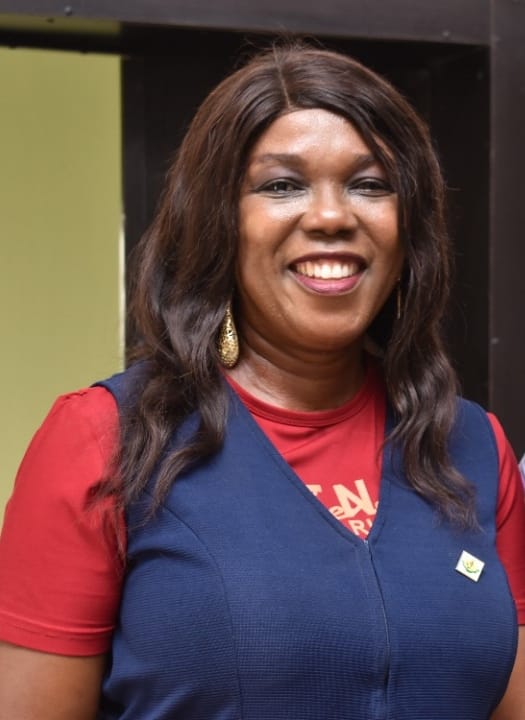
The speakers agreed that accelerating action for women’s inclusivity requires collective effort—challenging biases, amplifying women’s voices, and fostering a culture of inclusion. They reaffirmed their commitment to creating an environment where women have equal opportunities to lead, participate, and thrive.
As the event concluded, attendees were reminded that women’s leadership was not just about equality but about effectiveness. Research has shown that organisations with more women in leadership were more innovative, resilient, and profitable. The call to action was clear: women must rise, break barriers, and leave lasting marks on society.

